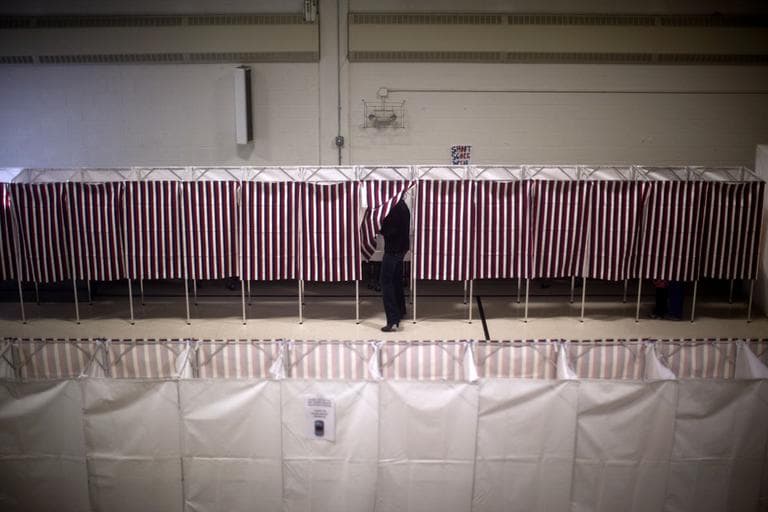Advertisement
The Heated Debate Over Voter IDs
Resume
Voters in New Hampshire don't have to show any ID today to cast their ballots in today's primary, but 30 other states currently do require identification to vote. Supporters of voter IDs say they prevent fraud; critics say they stifle voting.
Doug Chapin, of the University of Minnesota, says the issue of voter fraud versus disenfranchisement is a divisive one between the parties, but that there's really not much evidence of either going on.
What does exist, he says, is anecdotal evidence, with he jokingly calls "anec-data." Those stories include an elderly Tennessee woman who couldn't produce even a birth certificate because she was born at home; and group of Indiana nuns who were prevented from voting because of inadequate ID. But those stories, he says, don't add up to data on whether people really are disenfranchised by stricter ID laws.
Conversely, Chapin says the data is just as sketchy when it comes to voter fraud. "In terms of person A impersonating person B, there is no documented evidence of this happening anywhere in the country."
The one thing of which Chapin is certain, is that as more states push for stricter laws, complaints about potential disenfranchisement and voter fraud will continue to rise. Which eventually will result in a firmer body of evidence about the impact — positive and negative — of these laws.
- National Conference of State Legislatures: Voter identification requirements
Guest:
- Doug Chapin, professor at the University of Minnesota
This segment aired on January 10, 2012.